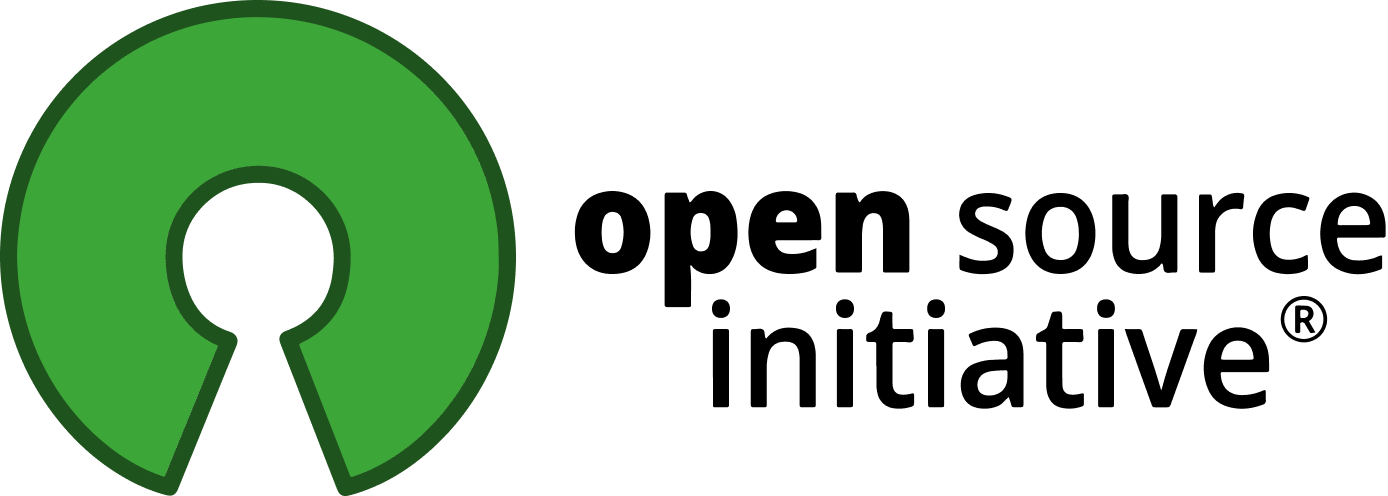The Open Source AI Definition gets closer to reality with a global workshop series
The OSI community is traveling to five continents seeking diverse input on how to guarantee the freedoms to use, study, share and modify Open Source AI systems.
SAN FRANCISCO – May 14, 2024 – Open Source Initiative (OSI), globally recognized by individuals, companies and public institutions as the authority that defines Open Source, is driving a global multi-stakeholder process to define “Open Source AI.” This definition will provide a framework to help AI developers and users determine if an AI system is Open Source or not, meaning that it’s available under terms that allow unrestricted rights to use, study, modify and share. There are currently no accepted means by which openness can be validated for AI, yet many organizations are claiming their AI to be “Open Source.” Just as the Open Source Definition serves as the globally accepted standard for Open Source software, so will the Open Source AI Definition act as a standard for openness in AI systems and their components.
In 2022 the OSI started an in-depth global initiative to engage key players, including corporations, academia, the legal community and organizations and nonprofits representing wider civil society, in a collaborative effort to draft a definition of Open Source AI that ensures that society at large can retain agency and control over the technology. The project has increased in importance as legislators around the world started regulating AI, asking for feedback as guardrails are defined.
This open process has resulted in a massive body of work including podcasts, panel discussions, webinars, published reports, and a plethora of town halls, workshops and conference sessions around the world. A big emphasis was given to make the process as inclusive and representative as possible: 53% of the working groups were composed of people of color. Women and femmes, including transgender women, accounted for 28% of the total and 63% of those individuals are women of color.
After months of weekly town hall meetings, draft releases and reviews the OSI is nearing a stable version of the Open Source AI Definition. Now, the OSI is embarking on a roadshow of workshops to be held on five continents to solicit input from diverse stakeholders on the draft definition. The goal is to present a stable version of the definition in October at the All Things Open event in Raleigh, North Carolina. This “Open Source AI Definition Roadshow” is sponsored by the Alfred P. Sloan Foundation, and OSI’s sponsors and donors.
“AI is different from regular software and forces all stakeholders to review how the Open Source principles apply to this space,” said Stefano Maffulli, executive director of the OSI. “OSI believes that everybody deserves to maintain agency and control of the technology. We also recognize that markets flourish when clear definitions promote transparency, collaboration and permissionless innovation. After spending almost two years gathering voices from all over the world to identify the principles of Open Source suitable for AI systems, we’re embarking on a worldwide roadshow to refine and validate the release candidate version of the Open Source AI Definition.”
The schedule of workshops is as follows:
- North America
- USA, Pittsburgh, PyCon US (May 17)
- USA, NYC, OSPOs for Good (July 9 – 11)
- USA, Raleigh, All Things Open (October 27 – 29)
- Europe
- France, Paris, OW2 (June 11 – 12)
- Spain, Madrid, OpenExpo Europe (June 13)
- Austria, Vienna, Open Source Summit Europe (September 16 – 18)
- France, Paris, Data Governance event (October)
- Germany, Mainz, Open Community Experience (October 22 – 24)
- Africa
- Nigeria, Lagos, July 15
- Asia Pacific
- Hong Kong, AI_Dev (August 23)
- Asia – details TBD, DPGA members meeting (November 12 – 14)
- Latin America
- Argentina, Buenos Aires, Nerdearla (September 24 – 28)
For weekly updates, town hall recordings and access to all the previously published material, visit opensource.org/deepdive.
Supporters of the Open Source AI Definition Process
The Deep Dive: Defining Open Source AI co-design process is made possible thanks to grant 2024-22486 from Alfred P. Sloan Foundation, donations from Google Open Source, Cisco, Amazon and others, and donations by individual members. The media partner is OpenSource.net.
Others interested in offering support can contact OSI at sponsors@opensource.org.
